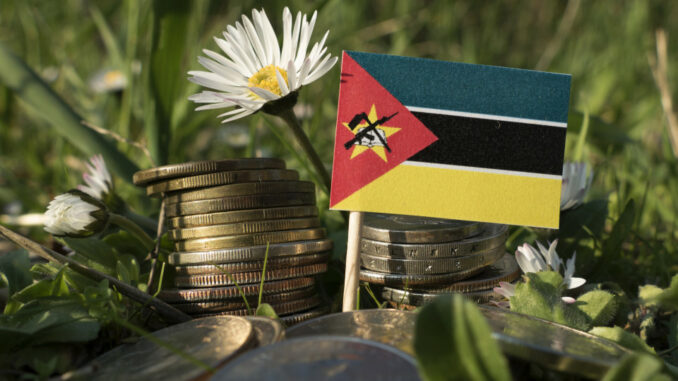
The volume of Mozambican bank reserves hit a new record in November 2023, reaching 245,527 million meticais (3,513 million euros), as a result of the Bank of Mozambique’s intervention to “absorb” excess liquidity.
According to a statistical report from the Central bank, the volume of these reserves compares with 241,978 million meticais (3,462 million euros) last October or 66,144 million meticais (946 million euros) in December 2022.
Since April 2023, this volume of reserves has grown practically every month, according to the record provided in the report. The mandatory reserves of commercial banks at the central bank were set by the Bank of Mozambique at 10.5% in national currency and 11% in foreign currency at the beginning of January 2023.
However, in the first six months of the year, the Bank of Mozambique increased this coefficient twice, arguing that it was necessary to “absorb excessive liquidity in the banking system, with the potential to generate inflationary pressure.”
The last of these increases took place in June, reaching 39% of deposits in national currency and 39.5% in the case of foreign currency to be held in bank reserves.
Following the second increase in these coefficients, the Confederation of Economic Associations of Mozambique (CTA) said in June that the decision makes it even more expensive to take out bank financing, which is essential in an economy of small and medium-sized companies, which will find it more difficult.
Mozambican economists at the time also considered the central bank’s decision to increase the reserve requirement coefficients to be “harmful” for companies, pointing out that the measure “won’t solve” the inflation spiral because this “variable” is conditioned by “structural problems.”.
“It means that [companies] are going to pay their debts at a much higher cost” and this measure “could jeopardize the profitability and continuity of operations of many companies, this is the harmful part that accompanies these restrictive measures,” said Egas Daniel, an economist and coordinator of the Mozambique program at the International Growth Center (IGC) of the London School of Economics.
